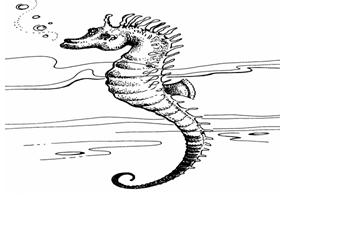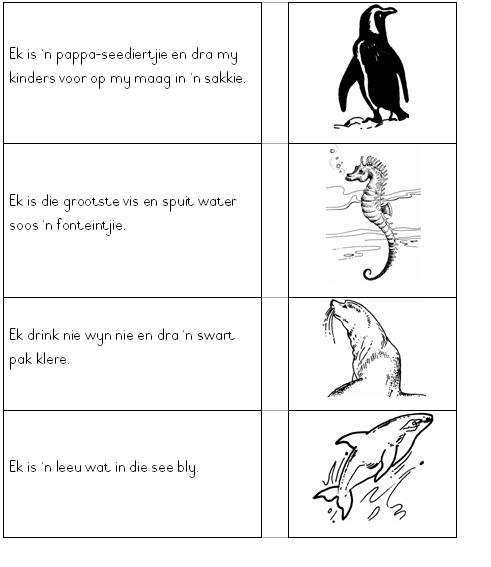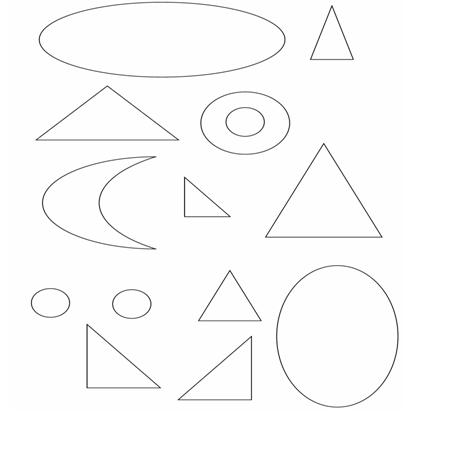| << Chapter < Page | Chapter >> Page > |

Without wings I cannot fly
No matter how hard I try
I might be a bird after all
But from the sky I could never fall!
A lonely little horse-fish I will never be.
With my friends I play games in the deep blue sea
Instead of running madly around the race-track
With a shouting jockey on my back.
One of my friends is the walrus whale
Who allows me to ride on his tail.
He is sad because his friend has gone away
But we will surely find him one fine day.
All the creatures on this earth
Have the right to live from their birth
So that their numbers become more
and more
All these strange creatures that we adore!
G.J.B.
More than 40 per cent of the world’s African penguins live on Robben Island and Dassen Island. Oil spills from ships that travel along the coast threaten their survival.
Millions of eggs were taken from Dassen Island between 1870 and 1967 to be dished up as delicacy. Fortunately the island was declared a nature reserve and as a result the penguin population on Dassen Island has grown to about 56 000.
Penguins are good parents. They mostly build their nests on the ground, using pebbles, mud and plant material. Both parents take turns to sit on the eggs. The fluffy chicks need to be taken care of over quite a long period and they are often looked after in groups – almost like in a crèche.
Birds that suffer from diseases or oil pollution are attended to at a centre at Blouberg near Cape Town. This centre is known as SANCCOB (South African National Foundation for the Conservation of Coastal Birds). Similar centres can be found elsewhere in our country.
Write a letter to SANCCOB or to the similar centre near you. Find out what they do there. Use the following words as clues: peck, feed, oil, cleaning agents, food, accommodation, money, funds, etc.

Did you know?

Imagine you are a horse-fish. Write a story to tell us what you do in the sea.
Puzzle: Colour the shapes below in different colours. Cut out the shapes and build your own marine animals. Paste it onto cardboard and decorate the background.

Complete the questionnaire. Make a X in the appropriate block.
| Yes | No | |
|
||
|
||
|
||
|
| Learning Outcomes(LO’s) |
| LIFE ORIENTATIONLO 3 |
| PERSONAL DEVELOPMENTThe learner will be able to use acquired life skills to achieve and extend personal potential to respond effectively to challenges in his or her world. |
| Assessment Standards(ASs) |
| We know this when the learner: |
| 3.5 identifies groupwork skills and applies them consistently. |
| TECHNOLOGYLO 1 |
| TECHNOLOGICAL PROCESSES AND SKILLS The learner will be able to apply technological processes and skills ethically and responsibly using appropriate information and communication technologies. |
| Assessment Standards(ASs) |
| We know this when the learner: |
| 1.3 Designs : suggests different possible solutions, chooses one and uses freehand sketches to represent it;1.4 Makes : expresses how products are going to be made and what will be used to make them;1.6 Evaluates : identifies strengths and weaknesses about own products and the products of others |
The alley – alley oo

Notification Switch
Would you like to follow the 'Life skills grade 3' conversation and receive update notifications?